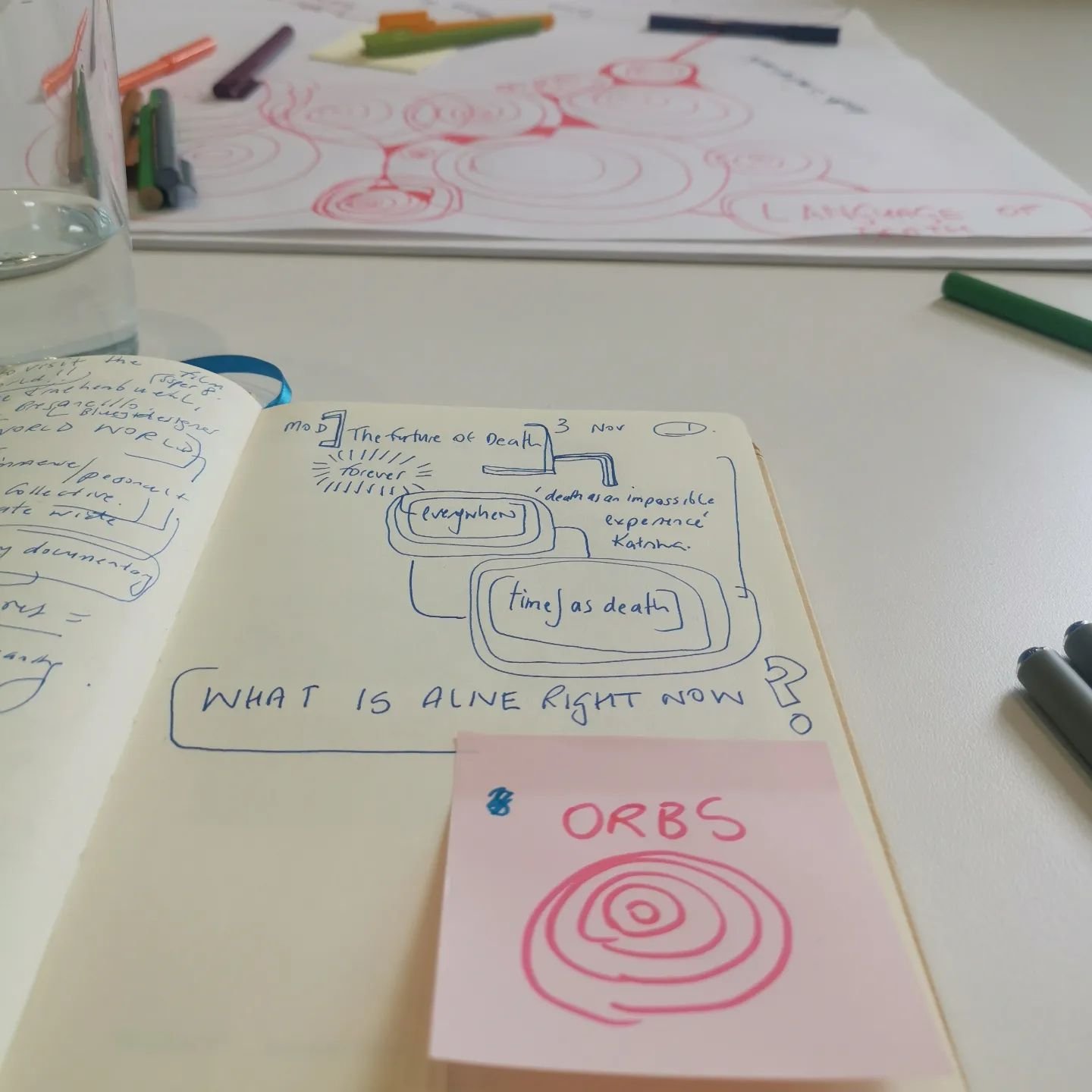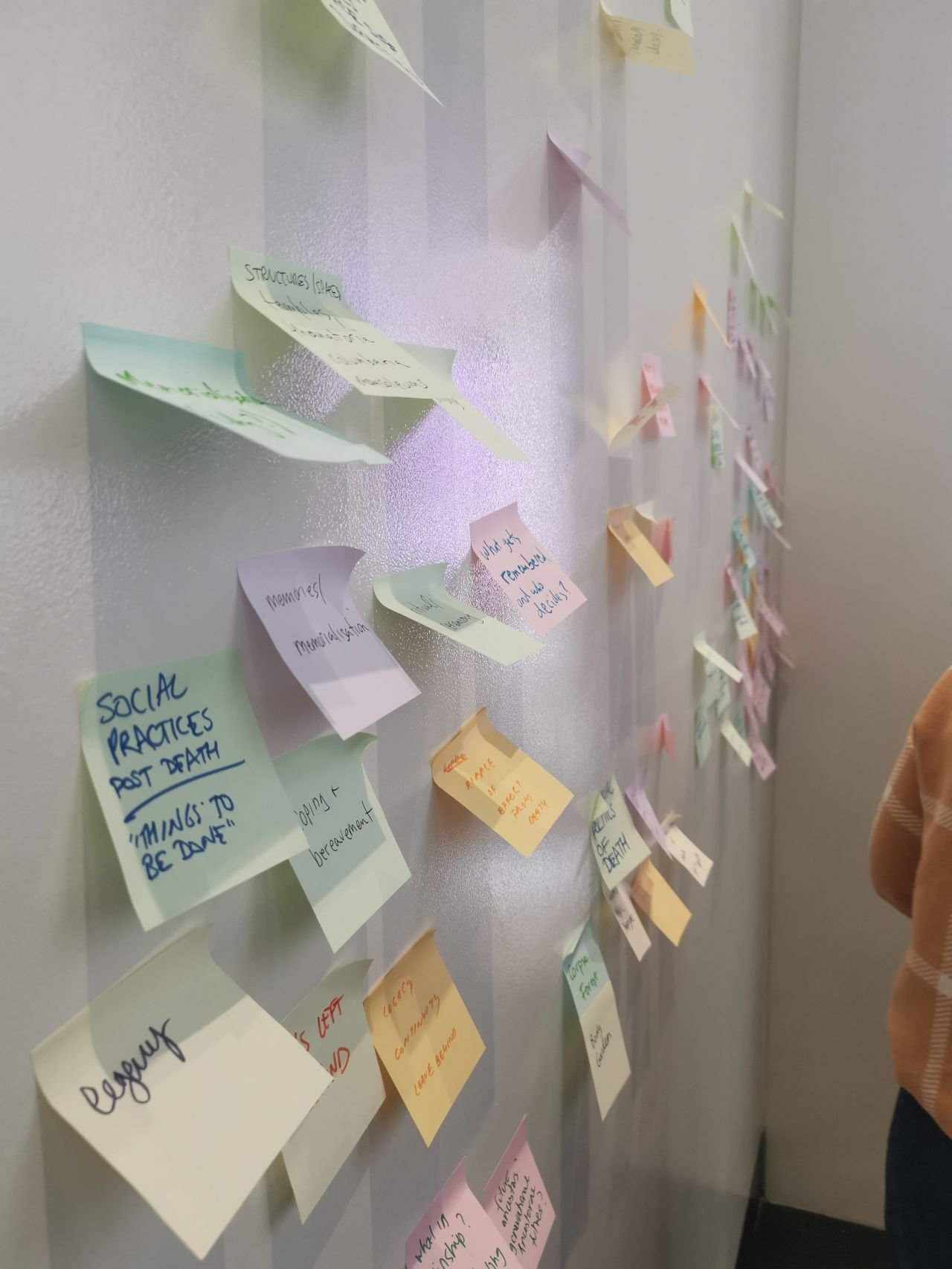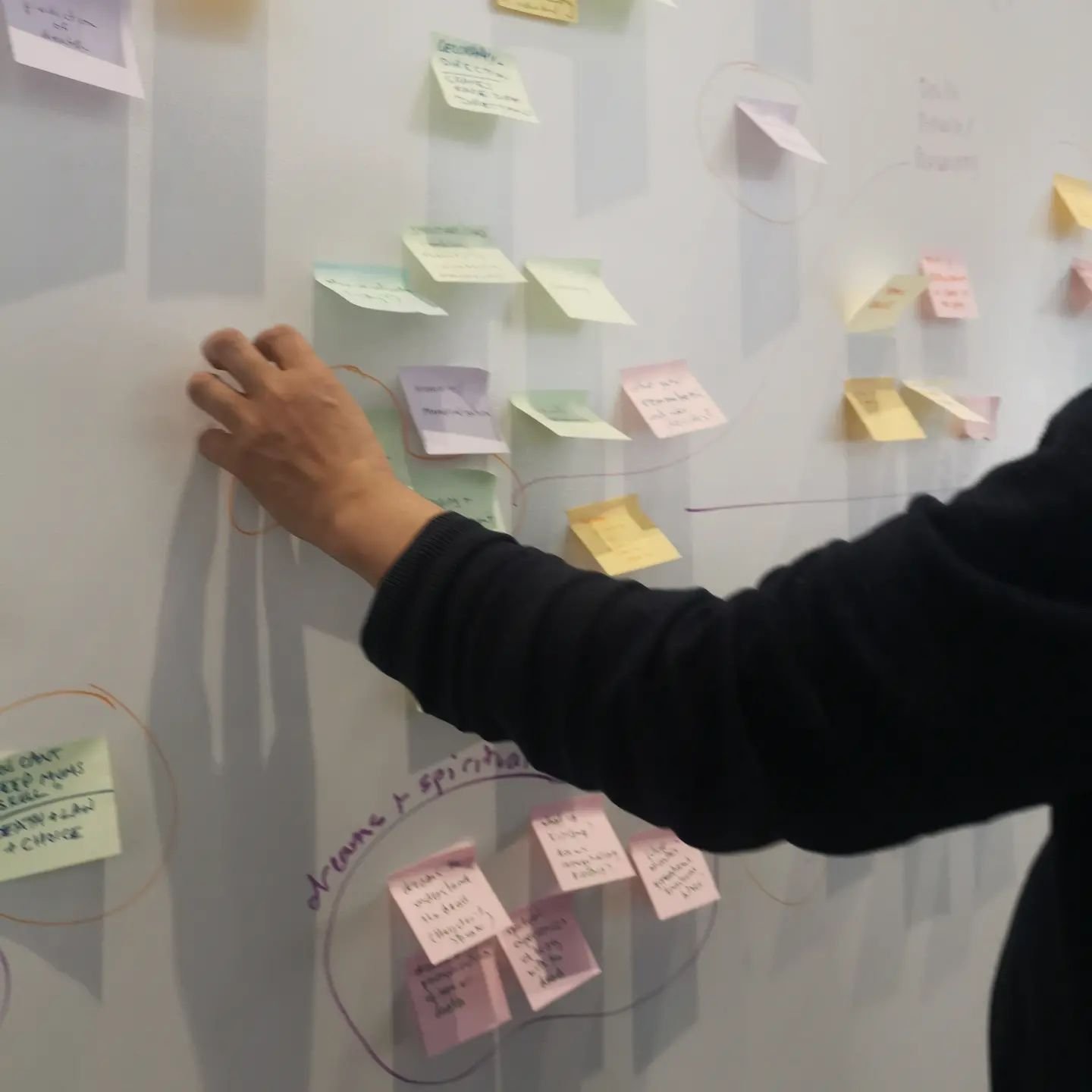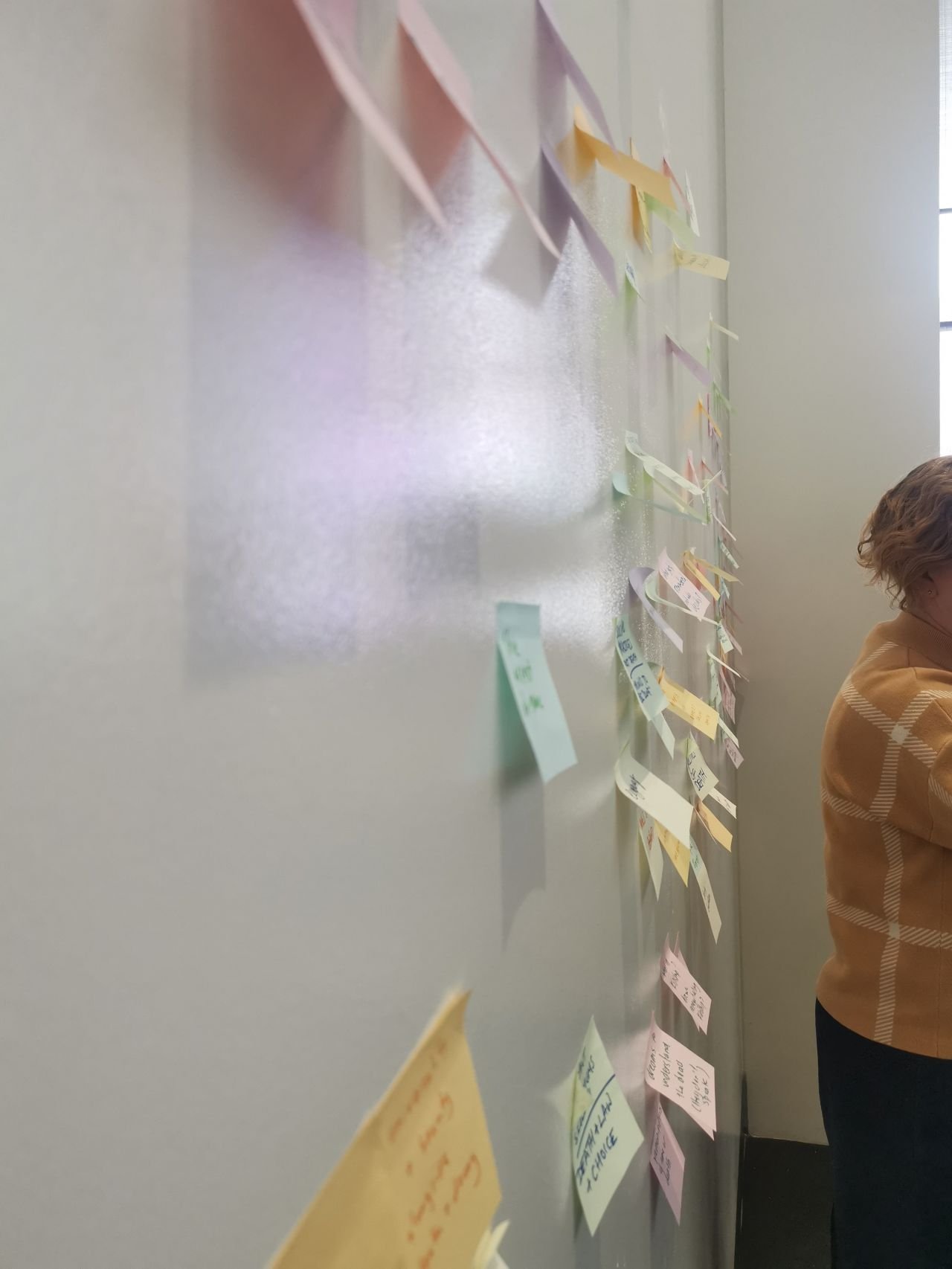: as someone who moves around a lot i've taken on the value of small talk as a hobby, discovering that often starting with small talk leads into big talk.
last night after creating order out of bedlam at melbourne airport taxi/uber pick up station, where i, as ever an advocate for the underdog, saw people being pushed aside in the lines by more pushy people - took matters into my own hand and went up to a very pushy person and quietly let them know there was a system and that they had pushed in. that others had been waiting, some up to 45 minutes. the taxi line staff member had just changed shifts and wasn't sure what was happening. i was pleased i did this as the people who were on my flight from wagga, a sweet teenager and their parent had been waiting quietly for almost 30 minutes. when i finally got my ride, the driver told me that there were heaps of cars but the airport was keeping them around the corner to favour the multi million dollar contract they have with uber. we kept chatting into the city. somehow by the time we got to spencer street we were talking about the pandemic, and how he had lost his father and grandfather, they had both died in india of covid and he didn't get to see them before they died. he then said, 'i don't know why i'm telling you this, but i'll keep going'.. he said his son was born 17 days after his father had died. i said that maybe his son was his father reincarnated and that some who believe in such things say that the process of reincarnation has quickened. he said, 'that's what my family says'. we left as friends.
today's drive to the airport, a Sikh man, was curious about wagga and adelaide, and how it must be great not to drive around in traffic. he talked about flight costs and how he and his family had just been to india to visit his dad who had a mysterious illness, tests show nothing of consequence, although they are still worried. his dad is in his 70s and does yoga every day and is a vegetarian. when he visits australia he finds local yoga communities and makes new friends. i told the driver about my yoga practice and plant based diet and how i do the same thing when i travel. he then asked if he could show me videos of his dad and his family. as he drove into the airport drop off we laughed together watching his young daughter in the family home in india singing and dancing. i saw his father, his wife, his children and they were all happy and it was good.














![[Image belongs to Jaron Lanier]](https://images.squarespace-cdn.com/content/v1/5a6a6ef22278e75f5940de49/de73c790-f266-4a5a-9fe9-e72a16b9dbf1/images.jpg)



